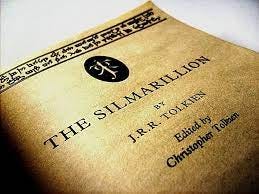Less is NOT More but LESS - How Publishers & the Mainstream Scare Writers into not wishing to be Tolkien
Trust me here
It is always strange to me, how some writers of Mythic Fiction are always reluctant to write. I know this sounds stupid or judgemental but trust me here, they really are. And it seems like Publishers/Editors are afraid of writing also, and so they discourage their writers from doing more of it, especially in the greatest genre around, Mythic-Fiction.
The…



